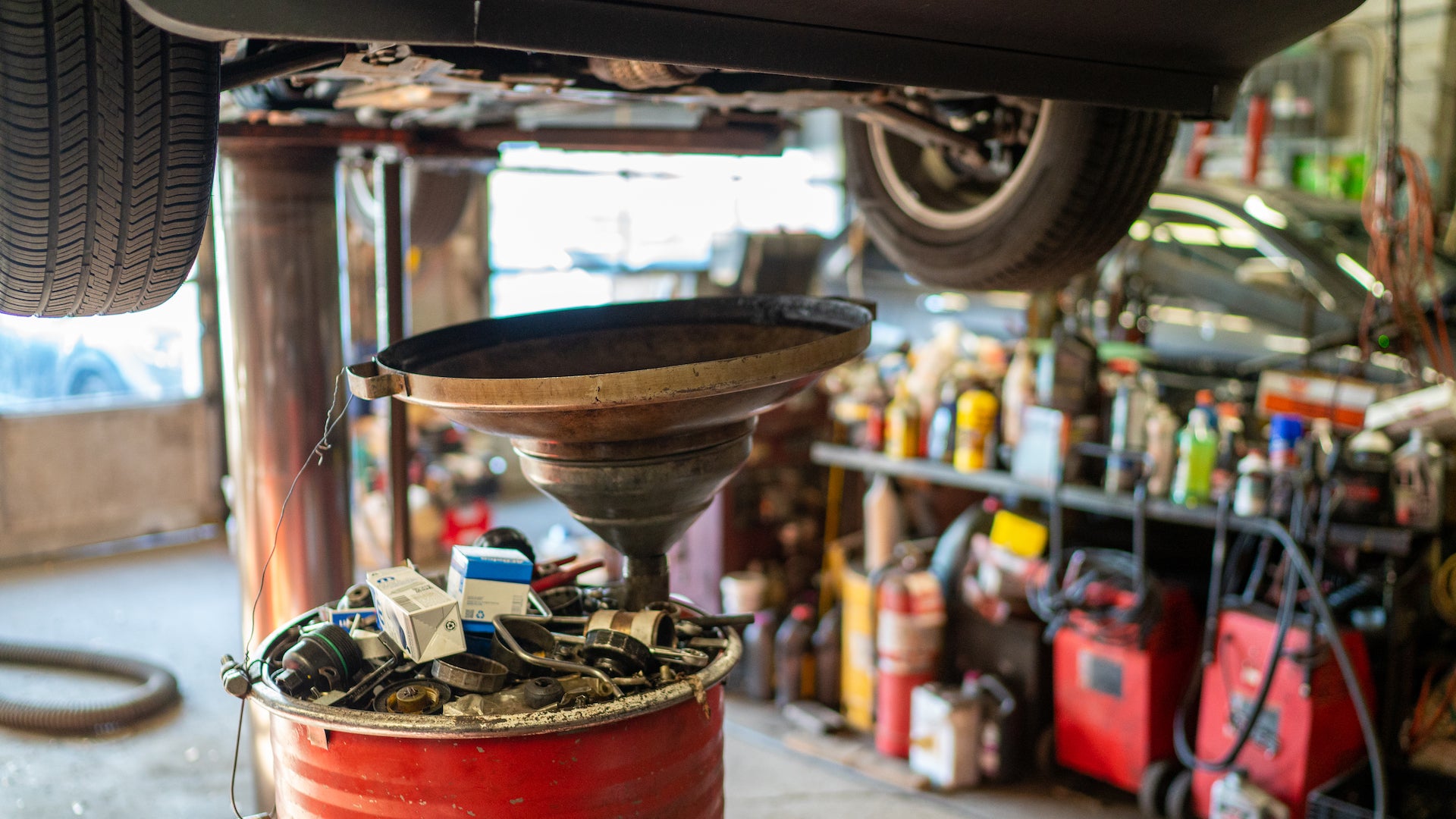Saw this yesterday. Thought it may be of some interest.

 www.thedrive.com
www.thedrive.com

Motor Oil Age Doesn’t Matter as Much as Mileage: Study
An oil testing laboratory has found that the conventional wisdom of six-month oil changes might be a waste of your money.

